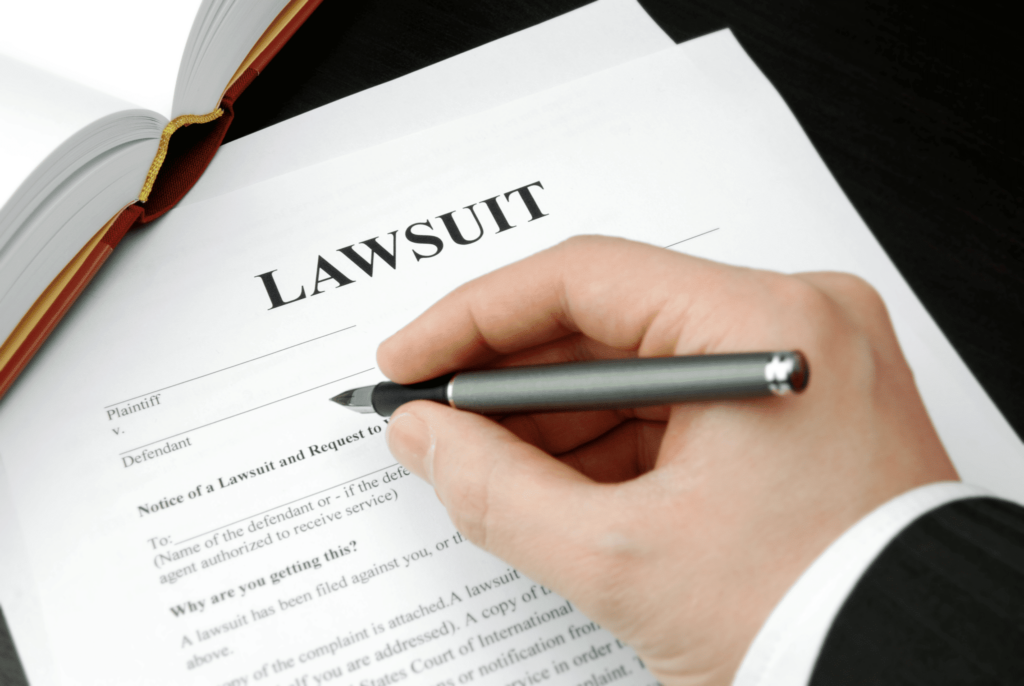When you are injured by someone else’s negligence, you have the right to be compensated for your injuries, whether physical, financial, or emotional. Likewise, your close family members may have certain rights. But these rights are not absolute. The law does require you to exercise your rights within a reasonable amount of time. This requirement is generally known as a “statute of limitations.” Every state decides what the statute of limitations will be for each and every type of legal action, including criminal and civil matters. Statutes of limitations in South Carolina are very strict. There is almost never an exception; however, there are certain events and circumstances that change how the statute of limitations is calculated.
What are the Statutes of Limitations in South Carolina?
For each type of action, you should consult a South Carolina attorney who practices in that area. In general, however, these are the statutes of limitations for many of common injury cases filed.
10 years
- Judgments
3 years
- Personal injuries
- Personal property damages
- Trespass
- Fraud
- Wrongful death (exceptions apply, see below)
- Professional malpractice (exceptions apply, see below)
2 years
- Libel
- Slander
- False imprisonment
See also – Conveyancing Fees: What Are You Paying For?

Exceptions to the Rule
There are some very important exceptions that apply to professional malpractice and wrongful death. To better understand them, let’s first look at professional malpractice.
Professional Malpractice
Malpractice is a term used to describe negligence when committed by someone in the course of professional practice. Therefore, it has less to do with ordinary mistakes and more to do with substantial deviations from the standard expected of that particular profession. The most common is medical malpractice. When a negligent physician injures someone, the statute of limitations is three years, but the “discovery rule” applies as well. This rule says that the statute of limitations can start counting from the date on which you reasonably should have discovered the injury. Consider an example of a missed diagnosis. Sure, the doctor was negligent at the time of the missed diagnosis, but the patient does not find out until years later when the untreated disease is finally diagnosed and found to be terminal. This may be many years later. Nevertheless, the maximum is six years. This is a terrific reason to always seek a second opinion.
Foreign objects left in the body
It might seem like a rare occurrence, but news reports from 2013 indicate that foreign objects have been left inside patients over 800 times since 2005. If a foreign object, such as a surgical tool, is left inside a patient’s body, the law limits the statute of limitations to just two years. This may seem harsh, but the theory is that you will likely have some sort of x-ray or follow-up testing or pain and symptoms that would alert you to this situation. Perhaps this is a false assumption, but it is the law at this time.
Minors and mental incompetence
A statute of limitations may be “tolled” in the case of a person who is legally not competent to understand his or her rights or pursue legal actions on his or her own behalf. This can be an adult with limited mental capacity or a minor. Tolling is simply postponing or putting on hold one’s legal rights. The clock begins ticking again once a certain event takes place.
For minors, South Carolina will toll the statute of limitations for up to seven years or up to one year after turning 18. For mentally incompetent adults, the rule is blurred. If a person suffers from a temporary condition, then the statute of limitations will begin counting again once the mental condition has resolved (i.e. unconsciousness, coma, etc.). If the condition is permanent (i.e. dementia), then the statute of limitations may begin tolling at death. During that time, the estate will have to take actions.
Wrongful death
In some limited circumstances, the courts in South Carolina may apply the discovery rule to wrongful death cases. In other words, if the decedent knew or should have known of a negligent event that would cause his or her death, the court may look back and ask whether he or she filed during life within three years of the event. If not, family and friends will usually be barred from filing.
Contact an Attorney for Help
As you can see, the rules that apply to statutes of limitations are not absolutely clear and universal. There are a lot of policies and exceptions that apply in unique situations. You should always discuss your case with a South Carolina personal injury attorney who can review the facts and determine if you might still have the right to file a lawsuit. If you or someone you love has been injured due to someone else’s negligence, contact Callihan & Syracuse today.

